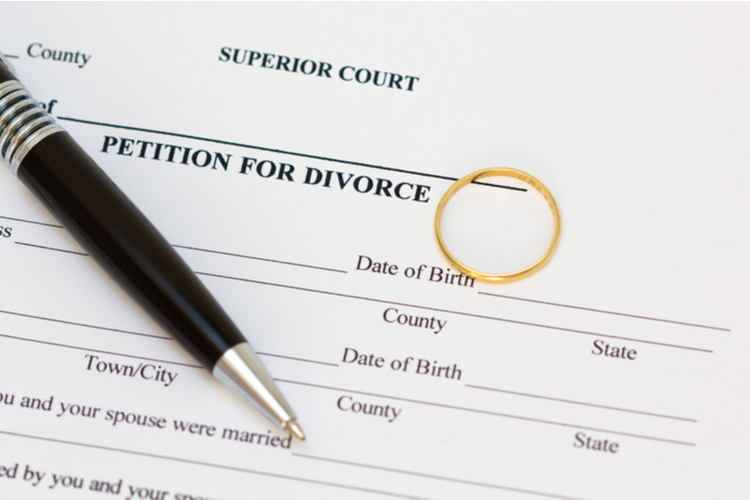After Being Served Divorce Papers, Chandler Arizona
Receiving divorce papers unexpectedly is definitely a shock. Since women have been file for divorce 70 percent of the time, men aare usually the ones to be caught off guard being served papers at their home or work. Here are a few tips on what to you do after being served and how a divorce attorney can help you.
Remain calm
If you have children, do not keep them from your spouse since it may be held against you when finalizing custody arrangements. If there is has been abuse in the home, please consult with your lawyer. If you do not have a court order, you cannot legally keep your children from their other parent.
Do not involve the children
It does not look good for you if you try to involve your children in your disputes. Additionally, it is just not healthy for your children to feel as though they must decide between their parents. Any discussions about the divorce should be between you and your spouse. Furthermore, you should avoid making any negative about your spouse in the presence of the children.
Do not do anything to hurt your case
- Avoid domestic disputes or putting yourself in a position where the police are called – walk away before it escalates.
- Stay out of trouble since being charged with a crime, whether you are guilty of the crime or not, may hurt your case.
- Refrain from drugs and alcohol since this behavior is not viewed positively, especially when kids are involved. Also, when you are intoxicated, it tends to fuel emotions and impair judgment, causing severe mistakes.
- Stay off the internet, posting on social media or personal blogs. It could negatively impact your case, including comments with inappropriate language or pictures of you drinking or drunk.
- Try not to get into a new relationship while still married, even though your divorce is pending. It may potentially cause problems in getting custody of the children, especially if you live with a new partner.
Your children’s needs come first
Divorce and custody proceedings can be expensive, so anything you can agree on will save you time, money, and frustration. If you agitate your spouse, they may become unreasonable to spite you, ing you more money. Unfortunately, parents often have selfish motivations when it comes to their decisions and does not take the time to think about the best interests of their children. These selfish decisions can be exposed in court, so do what is in the children’s best interests.
See a divorce attorney
If your spouse has hired an attorney and served you with divorce papers, they are serious. You must recognize your rights and obligations under the law. If you fail to or decline to file an answer on time, you are in default. Default means you may lose your rights. Retaining an attorney who will protect you, your family, and your assets is the best option.










